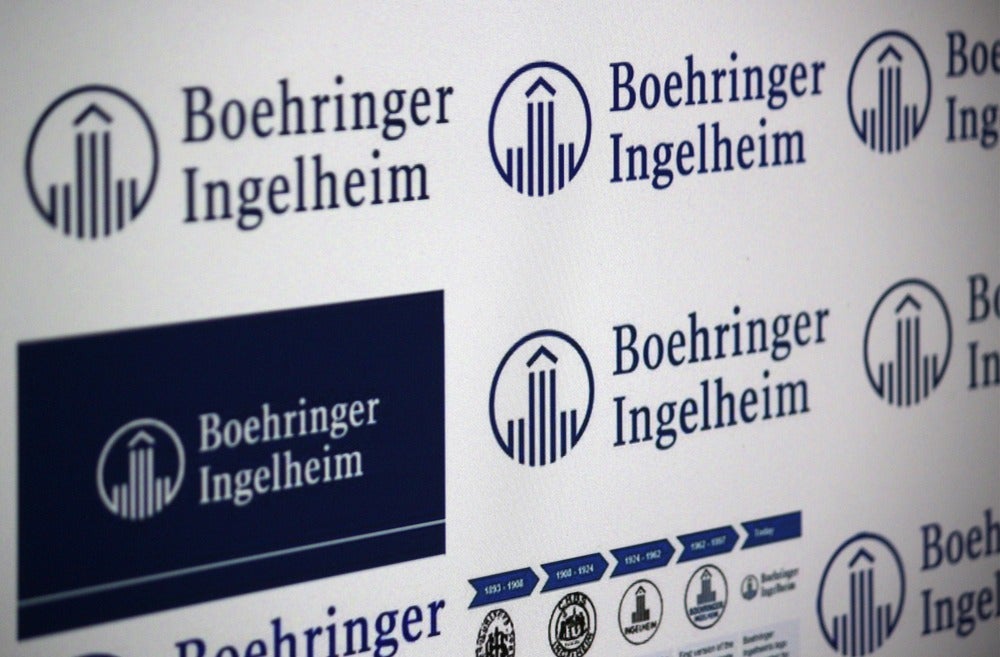Boehringer Ingelheim and Eli Lilly demonstrated results of the EMPA-REG OUTCOME trial at the American Heart Association Scientific Sessions (AHA SS) 2019 in Philadelphia. The trial results showed that Jardiance (empagliflozin) reduced the risks of 3-point major adverse cardiovascular events (3-point MACE). This included cardiovascular (CV) death, all-cause (AC) death, and hospitalization in patients with heart failure (HF). This positive news is greatly welcomed in the HF landscape, an area of huge unmet need.
Jardiance was trialled as two dose cohorts, 10mg and 25mg. The patient population included adults with type 2 diabetes (T2D) and established CV disease. All patients also had a BMI ≤45kg/m2. Jardiance was given to patients alongside the standard of care, angiotensin-converting enzyme inhibitors (ACE) inhibitors, angiotensin II receptor blockers (ARBs), beta-blockers and diuretics. Patients were also taking various antidiabetic medications, with the majority on metformin.
Results from the trial showed that Jardiance reduced the relative risk of CV death by 38% and had an absolute risk reduction of 2.2% compared to placebo. This reduction in CV death risk was seen in the early stages of the trial and risk reduction increased as trial time-lapsed, indicating that a further time-lapse — or long-term treatment — may show a greater risk reduction.
The subgroups associated with CV death were also displayed, showing that Jardiance showed beneficial results of reduced CV death in all subgroups compared to placebo. Subgroups included criteria such as race, blood pressure control, and glycated haemoglobin. Subgroups also looked at concomitant therapy for different standards of care used across patients managing their CV disease or T2D.
CV event risk was also reduced with a relative risk reduction of 14% and an absolute risk reduction of 1.6% compared to placebo. Again, this reduction is hypothesized to increase with further monitoring time. Jardiance was shown to reduce the risk of non-fatal myocardial infarction (MI) by 0.7% compared to placebo, and a 1.2% reduction in CV death, which was a secondary endpoint.
In terms of adverse events (AEs), compared to placebo Jardiance showed a reduction in most cases, aside from a slight increase in patients reporting urinary tract infections, an AE already well-established with Jardiance use in T2D. Jardiance, however, should be used with caution in elderly patients with renal impairment.

US Tariffs are shifting - will you react or anticipate?
Don’t let policy changes catch you off guard. Stay proactive with real-time data and expert analysis.
By GlobalDataGlobalData believes that the sodium-glucose co-transporter -2 class will have a large uptake in patient populations with HF. Jardiance’s results in T2D patients with HF have shown great improvement in patient outcomes, and current trials are assessing the drug in patients without diabetes, opening up an additional market opportunity for the drug. Although prescribers are generally unwilling to add drugs to the large HF treatment regimen, the results of Jardiance reducing CV death are expected to draw prescriptions for the drug in this subset of patients with both HF and T2D. Jardiance’s main competition and barrier for uptake will be the imminent approval of Farxiga (dapagliflozin) for use in patients with and without diabetes and also with and without established CV disease.
The FDA has fast-tracked Jardiance in HF and the Phase III EMPEROR-REDUCED and EMPEROR-PRESERVED trials looking at Jardiance use with a standard of care in reduced and preserved ejection fraction, respectively, are due to complete in 2020.
Related Reports
GlobalData (2019) Heart Failure – Global Drug Forecast and Market Analysis to 2028, to be published






